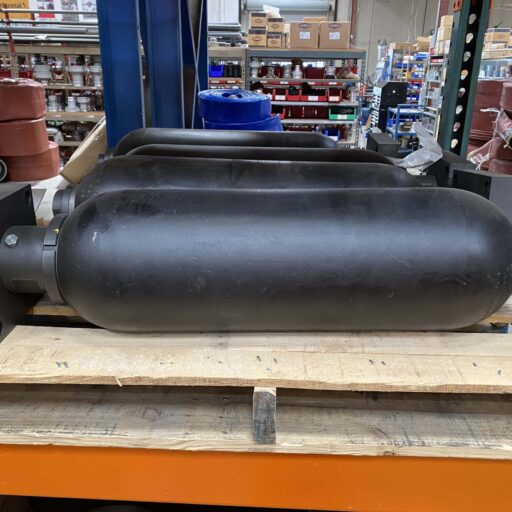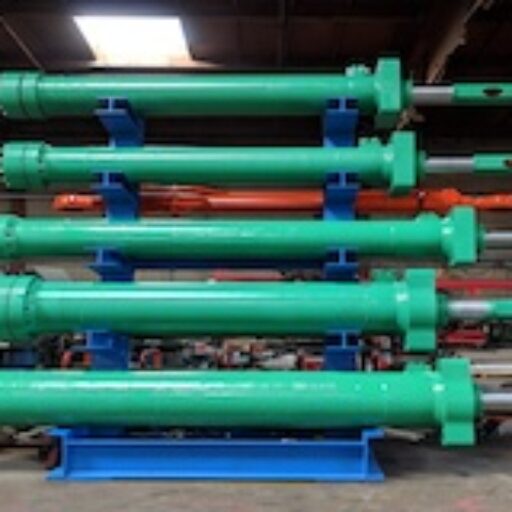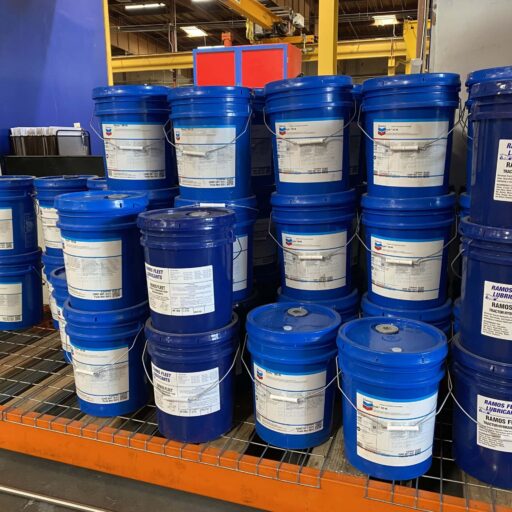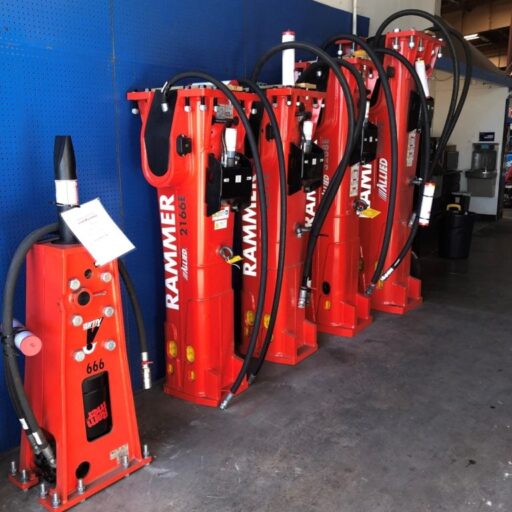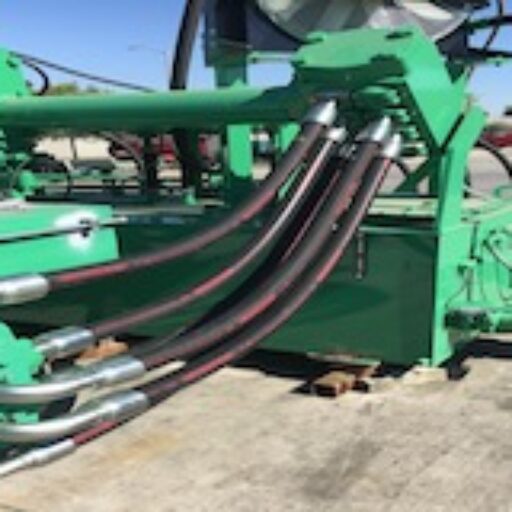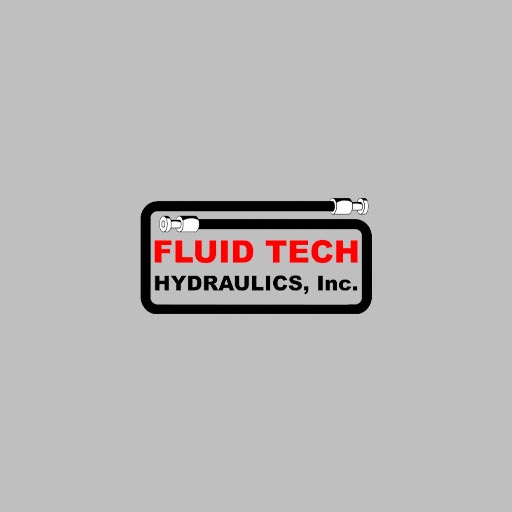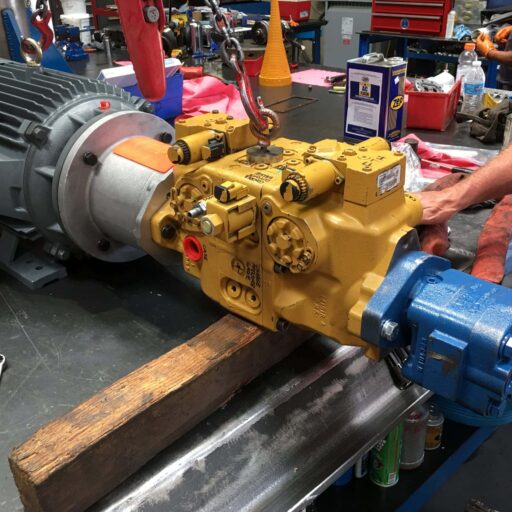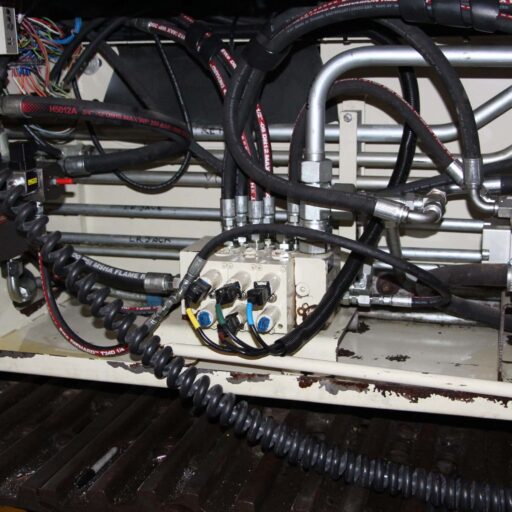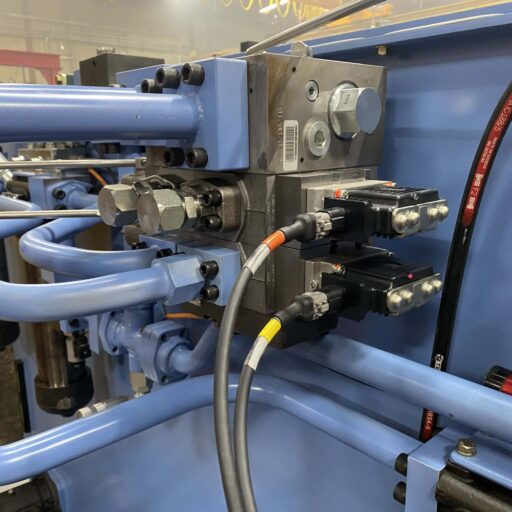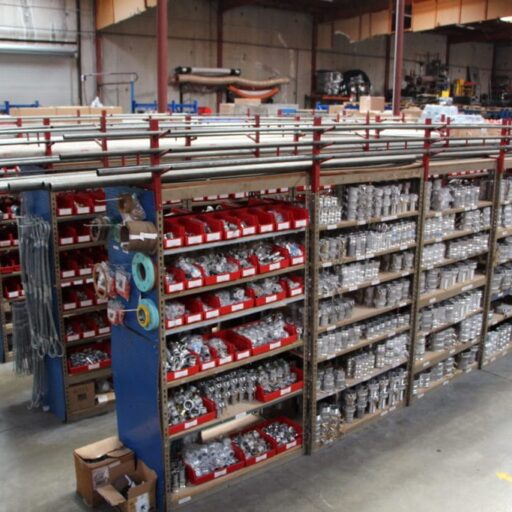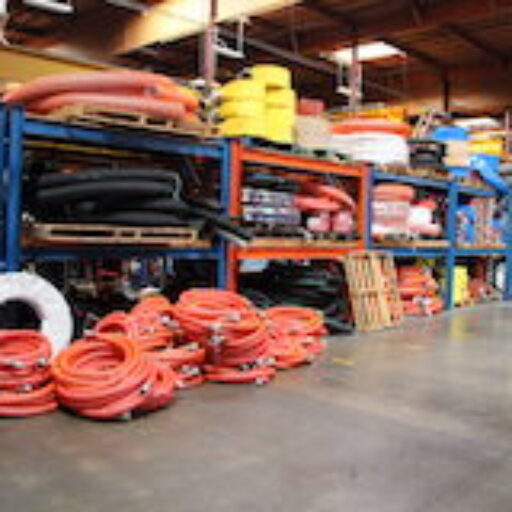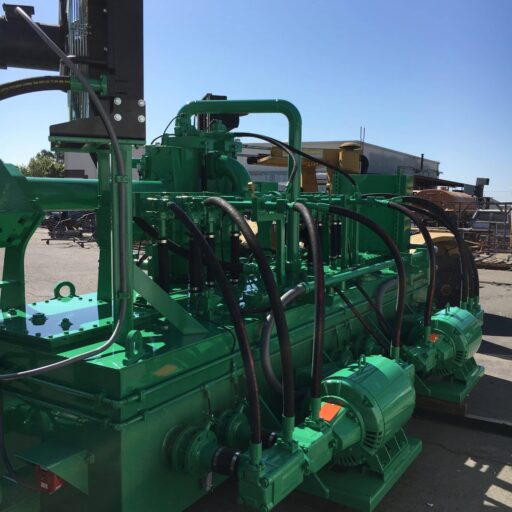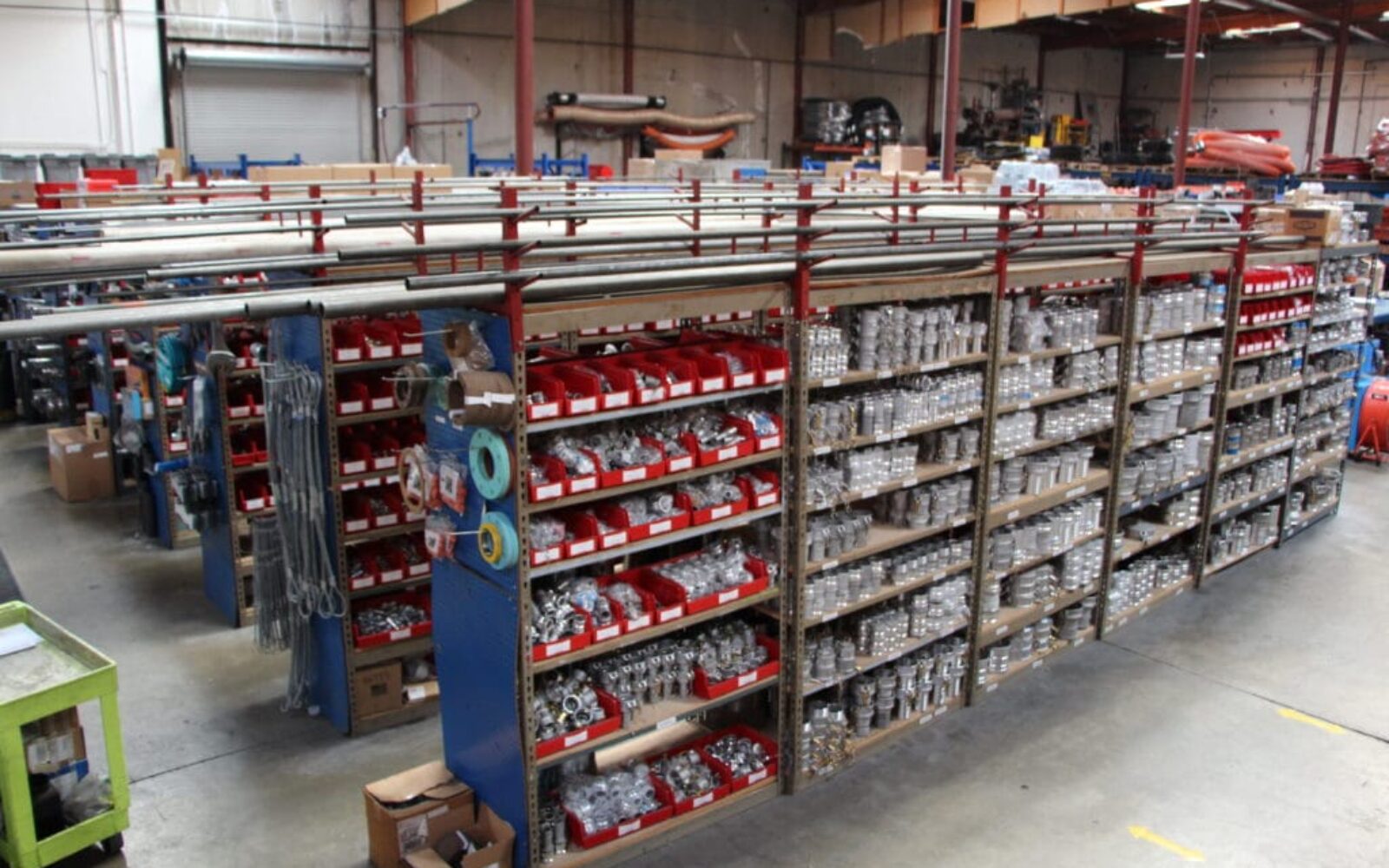Hydraulic pumps harness mechanical energy to efficiently transport fluids within various applications. They are the indispensable heart of hydraulic systems, vital for numerous commercial and industrial sectors. These range from operating heavy machinery and construction equipment to powering vehicles.
In essence, a hydraulic pump becomes a fundamental component if there’s a need to supply oil to hydraulic components such as cylinders or motors. This article will explore the significance of hydraulic pumps and their different types.
Benefits of Hydraulic Pumps
Hydraulic pumps are widely used in commercial and industrial applications due to the following benefits:
Superior Efficiency
Hydraulic pumps are noted for their high efficiency because they can transfer mechanical energy into hydraulic pressure while using very little electricity. In addition, unlike other systems, hydraulic pumps employ a closed system to maintain the fluid in a loop, preventing energy loss due to fluid leakage.
High Power Density
Hydraulic pumps can provide substantial power in a compact space due to their high power density. Additionally, high-pressure fluids used by hydraulic pumps deliver more energy per unit volume than other fluids, making them ideal for applications with limited space.
Versatility
Hydraulic pumps are highly versatile due to their ability to generate high levels of force and pressure. This makes them ideal for applications that require high power output. Furthermore, they can power everything from simple hand tools to heavy machinery and construction equipment.
Reliability
Fewer moving parts in hydraulic pumps mean fewer parts that can malfunction, making them more durable and reliable than other pump types. Moreover, the closed-loop system employed by hydraulic pumps reduces components’ wear and tear, extending the machine’s lifespan.
Precise Control
Hydraulic pumps can provide significant benefits to machine tools and robotic systems. They offer precise control over the flow and pressure of the hydraulic fluid. This control also allows for greater efficiency and energy savings since the system can be tailored to meet the application’s specific needs.
Types of Hydraulic Pumps
Understanding the following types helps in selecting the right hydraulic pump for specific applications based on factors like pressure requirements and efficiency:
Diaphragm Pumps
Diaphragm pumps rely on a flexible diaphragm to displace hydraulic fluid. This diaphragm often made of rubber or another elastomeric material undergoes repeated flexing to create suction and discharge cycles. These pumps are particularly well-suited for applications requiring contamination-free pumping, such as in the chemical and pharmaceutical industries.
Gear Pumps
Gear pumps are positive displacement pumps that use intermeshing gears to transfer hydraulic fluid from the inlet to the outlet. The simplicity of their design involves two gears rotating in opposite directions, trapping and pushing the fluid along the gear teeth. These pumps are cost-effective and widely employed in applications requiring moderate pressure and steady flow.
Piston Pumps
Piston pumps are dynamic, positive displacement pumps that utilize reciprocating pistons to pressurize and move hydraulic fluid. They are known for their efficiency in generating high pressure, making them suitable for applications where powerful hydraulic performance is essential. Moreover, piston pumps’ axial and radial configurations allow for adaptability to different system requirements.
Screw Pumps
Screw pumps operate by using rotating screws to move hydraulic fluid along the screw axis. These pumps are particularly effective in handling high-viscosity fluids. They are often used in heavy industries such as oil and gas, where viscous materials’ consistent and reliable transfer is crucial. The design of these pumps allows for a continuous and smooth flow.
Vane Pumps
Vane pumps operate on the principle of using sliding vanes to create suction and displace hydraulic fluid. The vane assembly is eccentrically positioned within the pump housing, allowing the vanes to slide in and out as the pump rotates. This design results in a smoother fluid flow compared to gear pumps. Vane pumps are favored in applications where medium pressure levels are necessary.https://www.youtube.com/embed/eOBUIbJVQfE?si=R4M2xapv2yL1yh5S
Fluid Tech Hydraulics: Your Trusted Source for Hydraulic Solutions
Fluid Tech Hydraulics is your one-stop shop for all hydraulic solutions! We provide parts, repairs, or customized solutions. Our Component Repair Department specializes in rebuilding various items, including hydraulic pumps, motors, valves, and actuators. This includes accumulators, winches, final drives, pump drives, power units, and more.
Experience top-notch service and quality solutions with Fluid Tech Hydraulics for all your hydraulic needs! Contact us today to learn more and get started.

